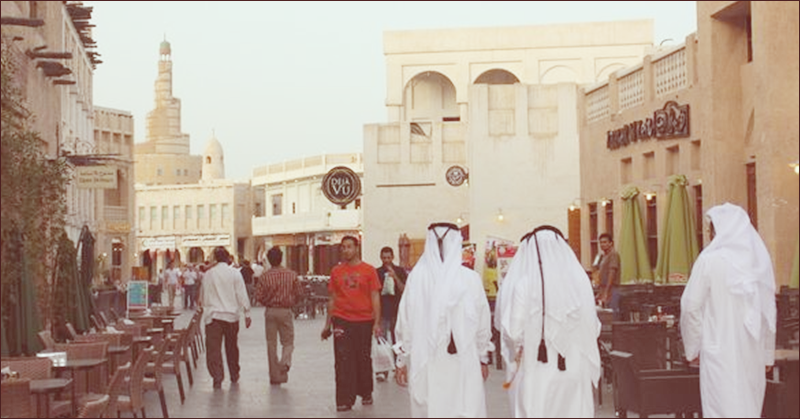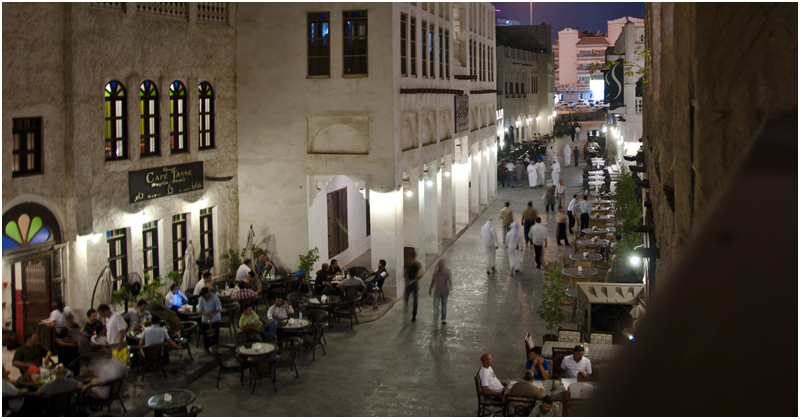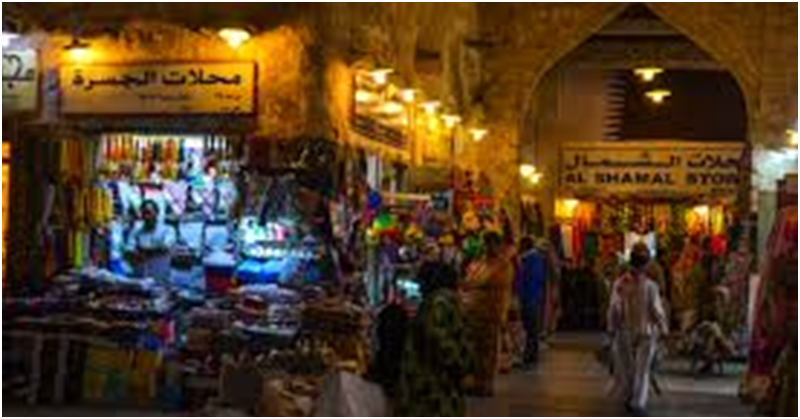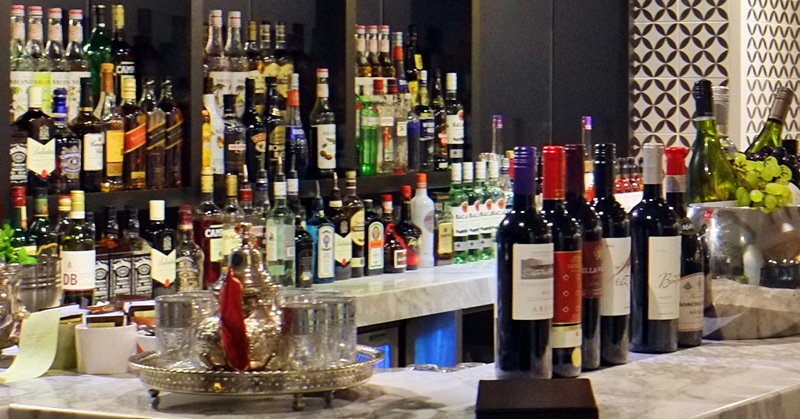For those planning to work in the Middle East or in Qatar to be exact, you will be required to have a Qatar ID card. This document comes along with a residence permit, which is usually applied for by your employer.
ALSO READ: Budget-Friendly Supermarkets in Qatar
These ID cards may simply come across to you as another government ID, but every resident and citizen in Qatar is required to have one, including children. It just goes to show that the national ID card is very important for anyone living in the country.

[Tip] Find Out What Your Qatari ID Number Means
The Qatar ID card allows holders access to a number of government regulated services such as applying for driving licences, opening bank accounts, as well as to gain admission to licensed premises. These ID cards are ‘smart card’ style, which enables the user to access a number of official online services, such as driving licence renewal, and also access the e-Gate system at Doha airport, which allows card holders to bypass the queues at immigration.
Given its importance to the residents of the country, did you ever wonder what the number in your ID card means?
In this short post, we will briefly discuss what the number means and how to read it accordingly.
As an overview, those numbers correspond to specific information about the holder, which allows government officials to determine their age and nationality, just by looking at their Qatar ID card.
Here’s a step-by-step explanation on how to read your Qatar ID number, typically referred to as IQAMA in Arabic:
Part 1: The first digit represents a year bracket which corresponds to the year you were born. For example, a “2” would mean that you were born in a year between 1990 to 1999; whereas a “3” would mean you were born in a year from 2000 onward.
Part 2: The second and third digits are the last two digits of your year of birth.
Part 3: The fourth, fifth, and sixth digits represent the ISO country code of where you originated from.
Part 4: The last five digits represent the sequence of the number of people from your country on the same birth year that entered Qatar.
For example, let’s decode the ID number [27612405934]:
Part 1: [2] – The holder is born between 1990 to 1999.
Part 2: [76] The card holder was born in 1976.
Part 3: [124] this number corresponds to the ISO country number of Canada
Part 4: [05934] The holder is the 5,934th Canadian national born in 1976 to obtain a Qatar residency Permit.
See how useful that is? To illustrate further, you may refer to the guide image below for your reference:

Knowing this piece of information, you can easily determine one’s age and nationality just by looking at the Qatar ID Card, provided that you have access to ISO country codes to verify.
Qatar uses the ISO country code 3166 based on Numeric Country Codes.
ALSO READ: Qatar Do’s and Don’ts










![[GUIDE] Understanding the Dress Code in Qatar](https://middleeast247.com/wp-content/uploads/2019/04/qatar-dress-code-banner.png)
![[GUIDE] Understanding the Dress Code in Qatar](https://middleeast247.com/wp-content/uploads/2019/04/womens_clothing.png)
![[GUIDE] Understanding the Dress Code in Qatar](https://middleeast247.com/wp-content/uploads/2019/04/mens_clothing.png)

